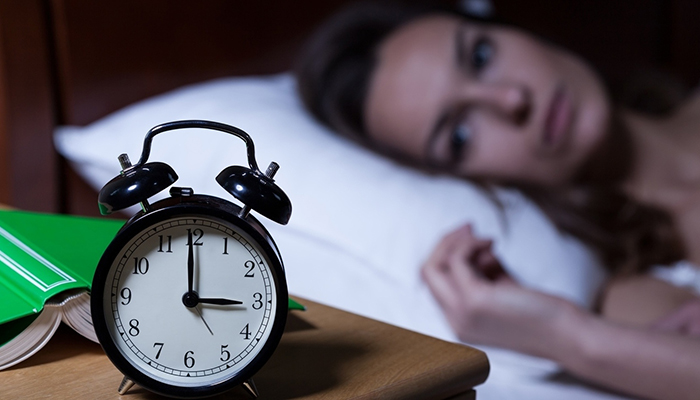Lack of REM sleep tied to increased risk of dementia
Patients with dementia often have difficulty sleeping
August 31, 2017

People who spend less time in deep, rapid eye movement (REM) sleep may be more likely to develop dementia than individuals who get better quality rest, a recent study suggests.
Patients with dementia often have difficulty sleeping, but previous research has offered a mixed picture of which comes first – the cognitive decline or the sleep deficit.
For the current study, researchers examined data from overnight sleep studies for 321 adults age 60 or older who didn’t have dementia. After an average follow-up of 12 years, 32 people developed dementia.
Each percentage reduction in the time people spent in REM sleep was associated with a 9 percent increase in the risk of dementia, researchers report in Neurology.
“We observe an association between sleep and dementia but cannot determine whether reduced REM causes dementia,” said lead study author Matthew Pase of Swinburne University in Australia.
“It is unclear whether increasing REM sleep reduces dementia risk,” Pase, who did the research as part of the Framingham Heart Study at Boston University, said by email. “However, good quality sleep is clearly important for overall health and well-being and the emerging picture suggests that sleep and dementia may influence each other.”
Overall, study participants spent about 20 percent of their sleeping time in REM sleep, the sleep analysis found. But the subset of people who went on to develop dementia spent only 17 percent of their sleep time in REM sleep.
Out of all the dementia cases found in the current study, 25 percent occurred within the first 6.6 years of follow-up. The total included 24 instances of Alzheimer’s disease, the most common form of dementia.
Reduced REM was associated with similar increases in the risk of both Alzheimer’s and other dementia cases.
Researchers also looked at what’s known as sleep latency, or how long it takes to fall asleep, and didn’t find this related to the risk of developing dementia.
The study is small, and the results would need to be confirmed by more research in larger groups of people, said Dr. Eric Larson, vice president for research at Kaiser Permanente Washington and a professor at the University of Washington in Seattle.
But that doesn’t mean people should ignore the importance of REM sleep.
“REM sleep is considered the part of the sleep cycle where our brains get rejuvenated,” Larson, who wasn’t involved in the study, said by email. “It’s considered the best part of sleep from a perspective of gaining the rest that restores well-being.”
Other research has linked both insomnia and a nighttime breathing disorder known as sleep apnea with an increased risk of dementia, noted Dr. Kristine Yaffe, a psychiatry and neurology researcher at the University of California, San Francisco who wasn’t involved in the study.
“This adds to the growing science that sleep health or quality is related to brain health,” Yaffe said by email. “It is important to tell your doctor about concerns about your sleep and follow good sleep hygiene practices.”









